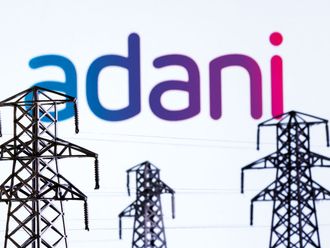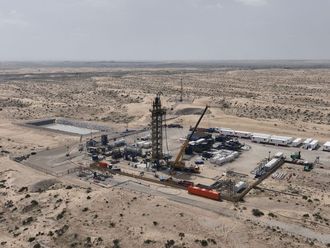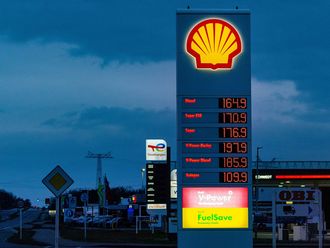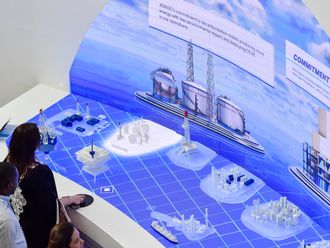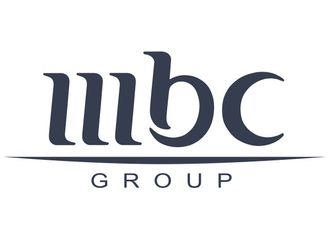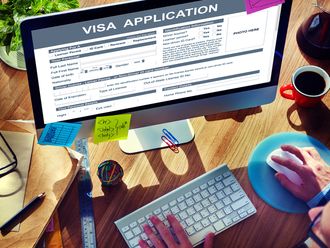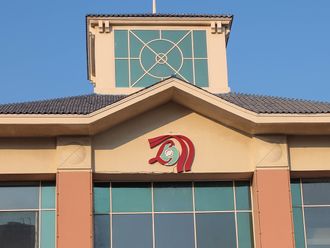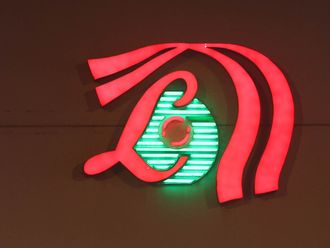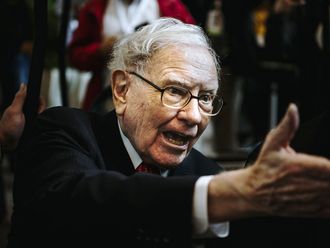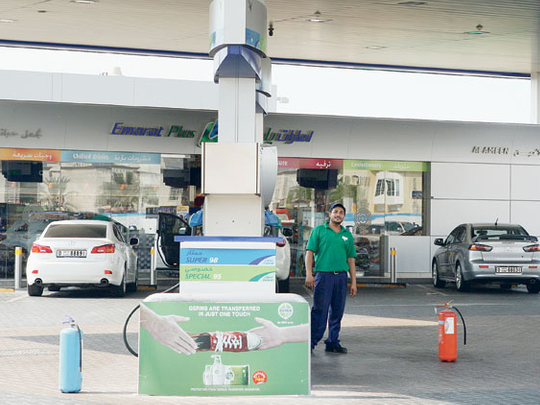
Abu Dhabi: Some of the filling stations operated by Dubai-based oil retailer Emarat are reportedly running out of petrol as the company is rationing the fuel to cut costs arising from high gasoline subsidies, Gulf News has learnt.
"Emarat is finding it difficult to get bank loans to enable it continue to sell petrol below cost, so it's trying to ration the limited quantity of gasoline it has. The company is incurring a daily loss of about Dh2 million due to the subsidy on the fuel and compensation from other businesses such as convenience stores isn't enough to cover the losses," an Emarat source told Gulf News.
"This problem will continue until the government frees petrol prices," he added.
An attendant at an Emarat station on Shaikh Zayed Road confirmed to Gulf News at about 5pm Wednesday that the Special 95 category of gasoline had dried up at their pump, though the sales of Super 98 were continuing.
In September, company sources said that on one day at least 10 Emarat petrol stations in Dubai and Sharjah were without gasoline mainly due to losses incurred on sales of gasoline that they estimated at around Dh0.40 per litre. Emarat's daily petrol sales are around five million litres.
A spokesman for Emarat when contacted by tele-phone said that he was not aware of the gasoline shortage at some of Emarat's pumps since he was outside the country. However, he confirmed that "some problem at Jebel Ali terminal" was the reason behind some pumps running out of petrol earlier in September, which he said was sorted out within two hours.
Bearing costs
The four UAE oil retailers — Abu Dhabi National Oil Co (Adnoc), Enoc, Eppco and Emarat bear the subsidies on sales, which at prevailing international prices works out to more than Dh0.30 per litre.
Gasoline prices in the UAE are state-set. UAE prices have risen 26 per cent since April, when the government introduced the first of two price hikes imposed so far.
The pricing is a sensitive matter as price hikes invariably stoke inflationary pressures as producers of goods and services tend to pass on the increase in transportation costs to consumers.
The UAE's gasoline prices are well above those prevailing in neighbouring Saudi Arabia and Oman.
The UAE announced plans earlier this year to gradually reduce subsidies on petrol, which cost the government hundreds of millions of dirhams a year, until prices match international market levels.
Various petrol grades across the pumps in the country currently sell between a price range of Dh1.61-Dh1.83 per litre.
While national subsidy figures are not made public, Abu Dhabi has spent an average of $6.5 (Dh23.85) billion a year for the past four years on various subsidies, from water to energy, Reuters said previously, quoting official data. While Abu Dhabi processes its own crude at its two refineries for petrol, Dubai has to buy all its petrol from outside.
When the price of oil in the international markets shoots up, Dubai's oil retailers become particularly vulnerable as the difference between the purchase price and the local selling price of petrol becomes even wider.
The oil firms cannot unilaterally revise prices without the government's intervention.
Cheaper fuel in Oman
Gasoline price hikes in the UAE have boosted sales in neighbouring Oman this year as motorists cross the border to fill up on cheaper fuel, and some have begun to resell it to UAE firms.
Neighbouring Oman has kept its fuel subsidies unchanged.
"I'm not surprised that this is happening, but if it continues and very large volumes are being smuggled I am sure that Adnoc [Abu Dhabi National Oil Co] will take action to prevent losses," a UAE oil official said.
There are no restrictions on the import of Omani gasoline into the UAE, but an Adnoc official said last month that the UAE government may hold talks with Oman to prevent the unregulated inflow of cheaper Omani petrol.
In July, the UAE's neighbour Saudi Arabia, the world's largest exporter of crude oil, investigated smuggling of subsidised fuel abroad.
— Reuters


